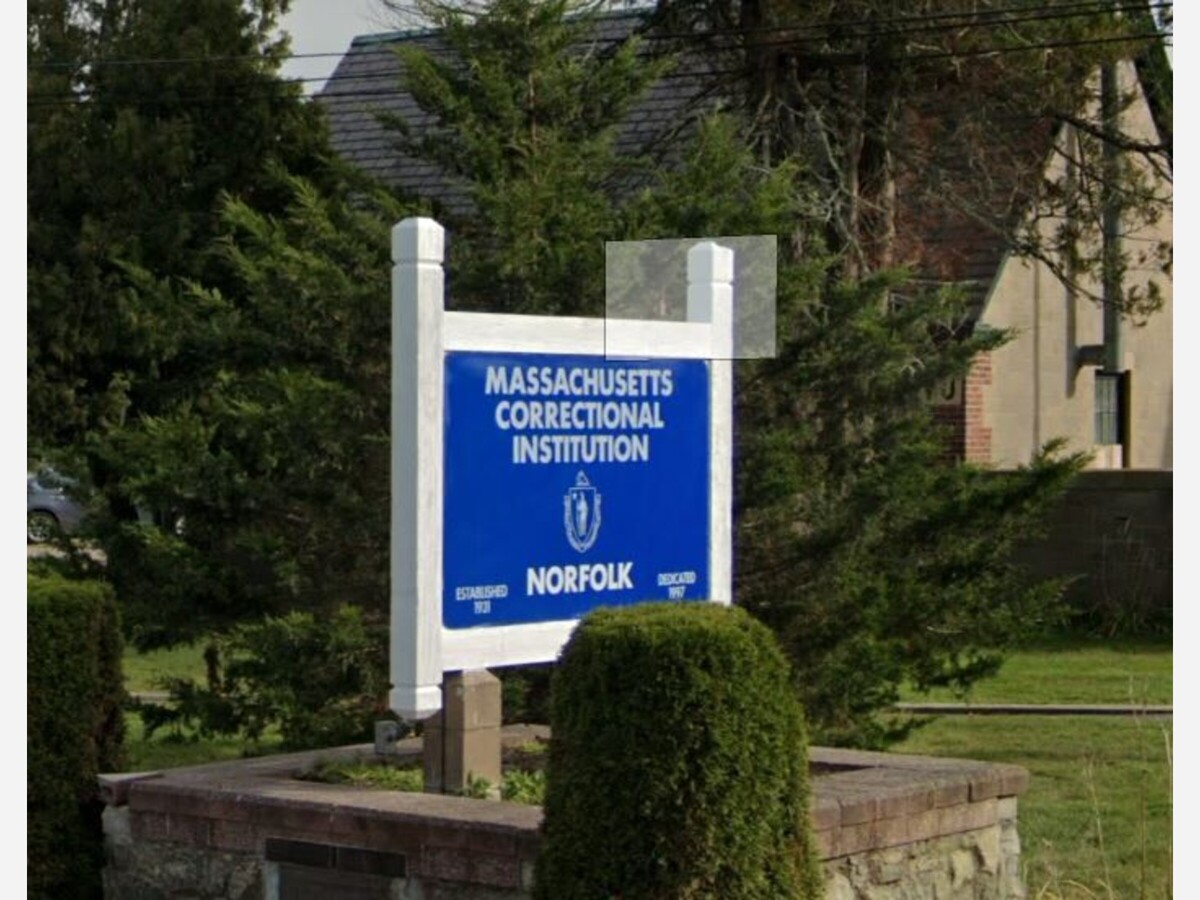Image

[UPDATED AND CORRECTED] The word got out and the word is Norfolk – Bay State Correctional Center, to be specific. The Center, adjacent to the state’s medium security prison, MCI-Norfolk, will be joining the long list of hotels, armories, and other facilities being made available to houses swelling “migrant” populations attracted to Massachusetts by a generous ‘right to shelter’ law that dates back to the 1980s.
According to published reports, the “temporary” housing is expected to last 6 months or more and migrants will likely walk to Norfolk center to reach transportation, unless some kind of shuttle service can be developed.
A Wikipedia articles states that Bay State Correctional was part of the original Norfolk facility.As Bay State Correction, it housed both long and short term inmates and many inmates who were elderly because the entire facility was handicapped accessible. The facility was officially opened in 1977, to combat prison overcrowding rates, with an original capacity of 72 inmates. BSCC was under the jurisdiction of the Massachusetts Department of Correction.
As of April 2015, the state moved forward with plans to move inmates out and close the facility to save money. As of December 2015, the facility was officially closed.
Late last month, Gov. Maura Healey signed into law a new nine-month limit on how long families can live in Massachusetts emergency shelters, and stamped her approval on the Legislature's plan to pull up to $426 million from a savings account to pour into the ongoing migrant housing crisis.
However, numerous exemptions will be available to families that bump up against the nine-month cap, under the law crafted by top Senate and House Democrats (H 4582).
Two additional 90-day stays will be available to those who are employed, participating in an approved training program, or meet protected criteria such as: "seeking to avoid educational interruptions for a child or children enrolled in public schools," those who are pregnant or recently gave birth, people with a diagnosed disability or "documented medical condition," those to whom domestic violence poses "imminent risk of harm," or veterans not already enrolled in "services specifically tailored to veterans."